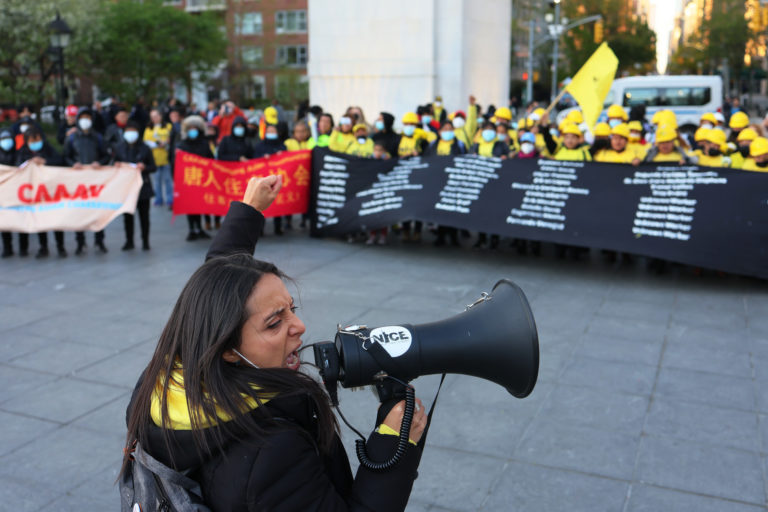Alexander W. Miller is a student at Harvard Law School.
House Republicans canceled a scheduled vote Friday on their Affordable Care Act (ACA) replacement. With Speaker Paul Ryan and President Trump unable to whip the votes for the American Health Care Act (AHCA) due to defections from both the caucus’s conservative and moderate wings, the bill was withdrawn and no timeframe given for a revised version. Over the past week, a number of commentators and news organizations looked at the AHCA’s potential impact on workers and businesses, analyses that may influence the work of producing a new bill with broader support.
The Chamber of Commerce came out in favor, arguing among other things that a reduction in regulation of the health care industry would reduce costs for businesses who provide insurance to employees. But, the response from small businesses was more mixed, with some suggesting that the law would undo the ACA’s successful slowing of health care cost increases without introducing new mechanisms for reducing premiums (other than reducing coverage).
A particularly contentious element of the AHCA was that it allowed states to enact work requirements for receiving Medicaid, and Vann Newkirk of The Atlantic takes an in-depth look at the poor long-term results of similar prior efforts, concluding that “the only real outcome of a Medicaid work requirement is that fewer people will have access to Medicaid, which may be the point.” Other commentators had looked specifically at how work requirements might negatively affect new mothers.
In non-health care news, a one-day strike by 17,000 AT&T technicians and call center workers in California and Nevada earlier this week ended with the company agreeing to the union’s demand that members no longer be forced to do work for other divisions of the company. Striking workers generally maintained television services, but had been asked to support landline phone operations. The successful demonstration of union power came in the midst of ongoing contract negotiations between a number of Communications Workers of America locals and AT&T across the spectrum of the telecommunication giant’s operations.
At least five more Democrats in the Senate joined the growing list of those opposing Judge Neil Gorsuch’s Supreme Court nomination, potentially setting up a showdown over the Senate filibuster. In addition to general concerns about his judicial philosophy and the Republican tactics that led to the vacancy remaining open for more than a year, many senators cited Gorsuch’s pro-business views as problematic, and stated that they felt his jurisprudence reflected a lack of sensitivity to the concerns of workers.
Finally, Treasury Secretary Steven Mnuchin said in an interview Friday that automation and artificial intelligence would not threaten job losses for at least the next half century, suggesting that such concerns were “not even on our radar screen.”






Daily News & Commentary
Start your day with our roundup of the latest labor developments. See all
December 22
Worker-friendly legislation enacted in New York; UW Professor wins free speech case; Trucking company ordered to pay $23 million to Teamsters.
December 21
Argentine unions march against labor law reform; WNBA players vote to authorize a strike; and the NLRB prepares to clear its backlog.
December 19
Labor law professors file an amici curiae and the NLRB regains quorum.
December 18
New Jersey adopts disparate impact rules; Teamsters oppose railroad merger; court pauses more shutdown layoffs.
December 17
The TSA suspends a labor union representing 47,000 officers for a second time; the Trump administration seeks to recruit over 1,000 artificial intelligence experts to the federal workforce; and the New York Times reports on the tumultuous changes that U.S. labor relations has seen over the past year.
December 16
Second Circuit affirms dismissal of former collegiate athletes’ antitrust suit; UPS will invest $120 million in truck-unloading robots; Sharon Block argues there are reasons for optimism about labor’s future.